WHAT IS CLEAN EATING, REALLY? There are many definitions of clean eating. Put simply, “clean eating” is about eating whole foods, or “real” foods – those that are un- or minimally processed, refined, and handled, making them as close to their natural form as possible. Among Clean Eating recipes you’ll find a lot of whole grains, fruits & vegetables, lean protein and a low amount of fat & oils. To be clear, the eating-clean lifestyle has many good points. No doubt, any diet that encourages you to eat real, unprocessed food is a step in the right direction. While I’m a big advocate of eating nutritious food, solely eating “clean” will not guarantee weight loss. THE MYTH OF CLEAN EATING A common misconception is that “clean food” cannot make you fat and calories do not matter as long as you eat healthy. The truth is, any kind of food, no matter how “clean”, can cause weight gain. Why? The answer is fairly simple – calories. In terms of body composition, changes occur as a result of total calorie, protein, carb and fat intake. Fat loss is ultimately about calories in versus calories out. Therefore reaching your goals not only depends on what you eat, but also on how much you eat. When it comes to salad bowls for example, people often go overboard with their ingredients, adding everything they can possibly find in their kitchen: Granola, coconut flakes, goji berries, chia seeds… the list goes on. What is important to realise is that those are not “free” calories. A whole avocado, for example, has about 320 calories, making it one of the most calorie-rich choices you can get. Even though healthy, if consumed in excess, can cause you to experience a weight loss plateau or even weight gain. So remember that next time you start to load your bowl. Many people on raw food diets report an increase in their weight. Because this new “healthy” lifestyle doesn’t come with any restrictions on portion sizes, many claim it made them overeat. Smoothies are an easy way to overshoot your daily calorie need. Once everything is whizzed up in your blender, it’s difficult to know how many calories there are in your smoothie. So how sugary is your favourite fruit? All values are for one piece of fruit, unless specified, and the figures in brackets show the equivalent amount of sugar.
As you see, it’s good to be mindful of what you put in your smoothies as part of your daily diet. It is actually best to limit yourself to 2-3 portions of fruit a day. THE GOOD SIDE OF EATING CLEAN While eating clean could still cause you to gain weight, going over your daily calorie intake is less likely than if you were eating highly processed food. This is because fresh, natural foods tend to be more satisfying than processed ones and so help to prevent hunger that leave you reaching for another snack. And that means more calories and less weight loss. The way foods are processed in our bodies affect how hungry we feel and therefore have a potential indirect side effect on our calorie intake. Clean foods are rich in nutrients such as protein and fibre. These slow the breakdown of sugar into the bloodstream, keeping you fuller for longer. In contrast, highly processed foods contain very few nutrients, lots of fat and added sugars. These are absorbed rapidly providing a short-lived burst of energy, followed by a sudden drop in your blood sugar level. This in turn leaves you hungry and tempted to snack. LEARN TO LOVE LEGUMES An example of clean food that is incredibly filling includes legumes. The legume class is very broad, encompassing about 13,000 varieties of beans, peas and lentils. Legumes are an excellent source of complex carbohydrates, protein and fibre. This makes them a highly satisfying food, making you feel fuller for longer. Legumes are relatively cheap and adding them to your healthy eating plan is super easy. SO WHAT’S THE KEY TO NOT GAINING WEIGHT ON “CLEAN FOODS”? Although clean eating can help you choose healthy foods, you still need to pay attention to your portion sizes to create a caloric deficit. Deprivation is not my thing aka fad diets. Losing weight over the long-term is all about balance and moderation. Those on restrictive plans find it more difficult to maintain a healthy weight and are more likely to overeat. When planning a healthy diet, balance, moderation and variety are key! Remember, life is too short not to treat yourself once in a while, and you can, all whilst still losing weight.
Essentially you’ll still be able to have the foods you enjoy and you don’t even need to calorie count. Think of it as having a budget which you can spend on what you want as long as you don’t over spend. It couldn’t be simpler! Try my advanced nutritional system and start losing weight without doing any extra exercise. Oh, and in case you didn’t know by now, there is a 100% Money Back Guarantee on all my training packages, including my nutritional system, so this is truly risk free! The only pounds you’ll be losing will be those off your body. Get in touch now to find out about how I can help you with your nutrition
0 Comments
Leave a Reply. |
Services |
Company |
|
|
© COPYRIGHT 2015. ALL RIGHTS RESERVED.
|
Website Design by My PT Website
|

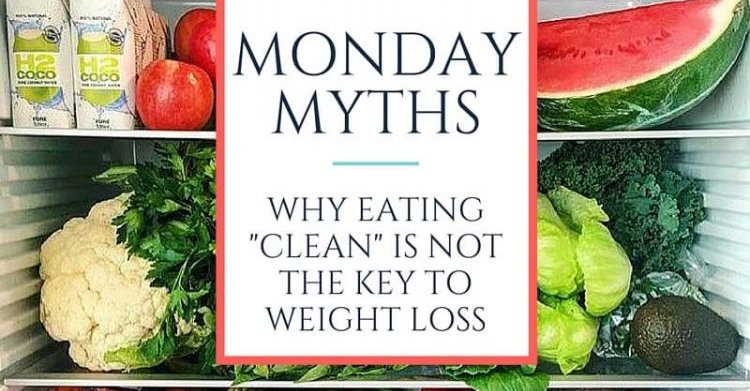
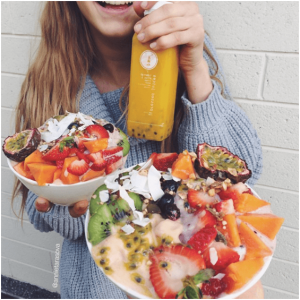
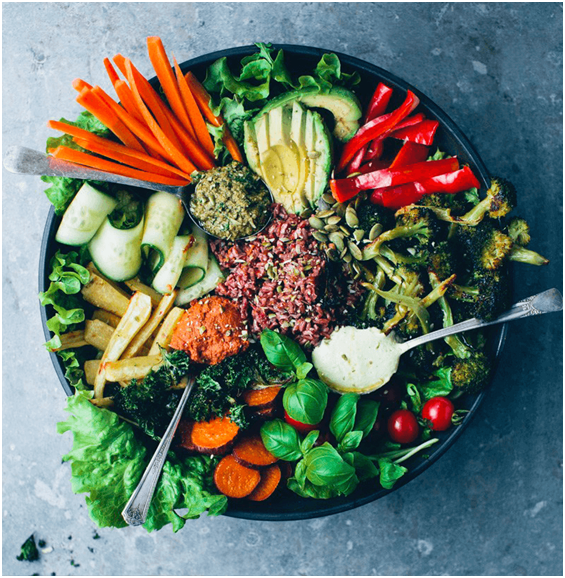
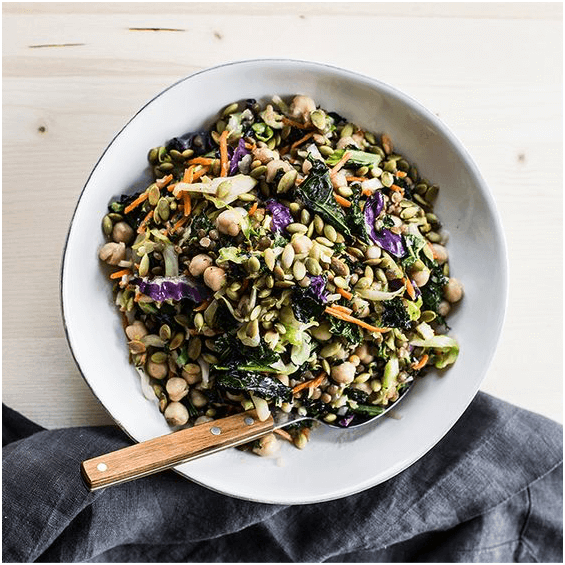

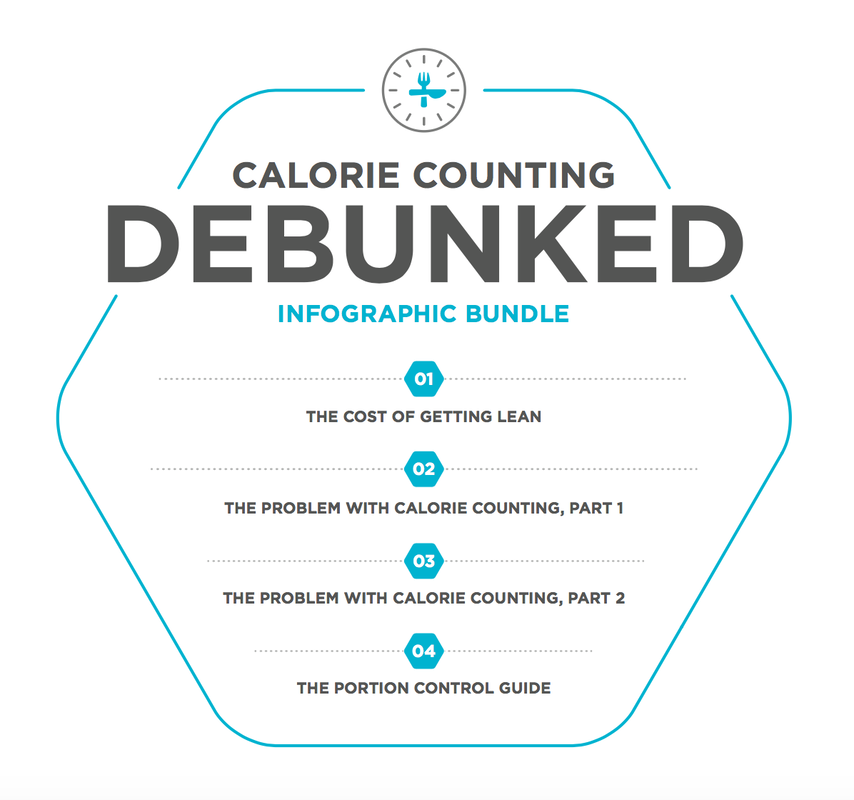
 RSS Feed
RSS Feed